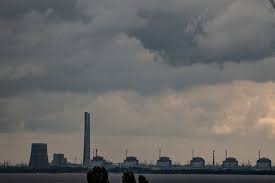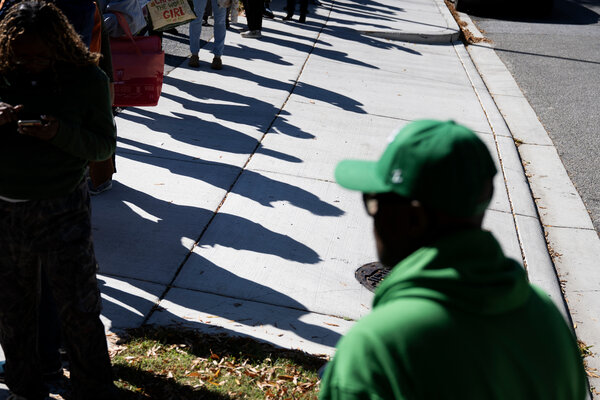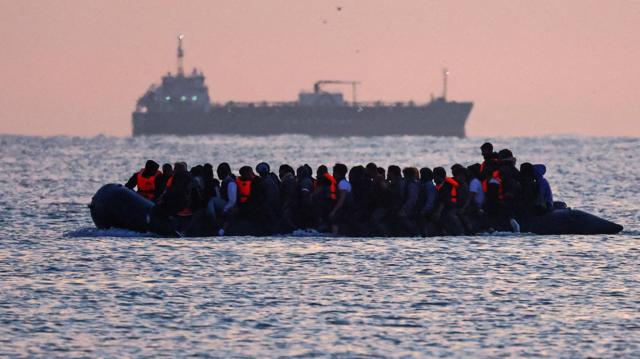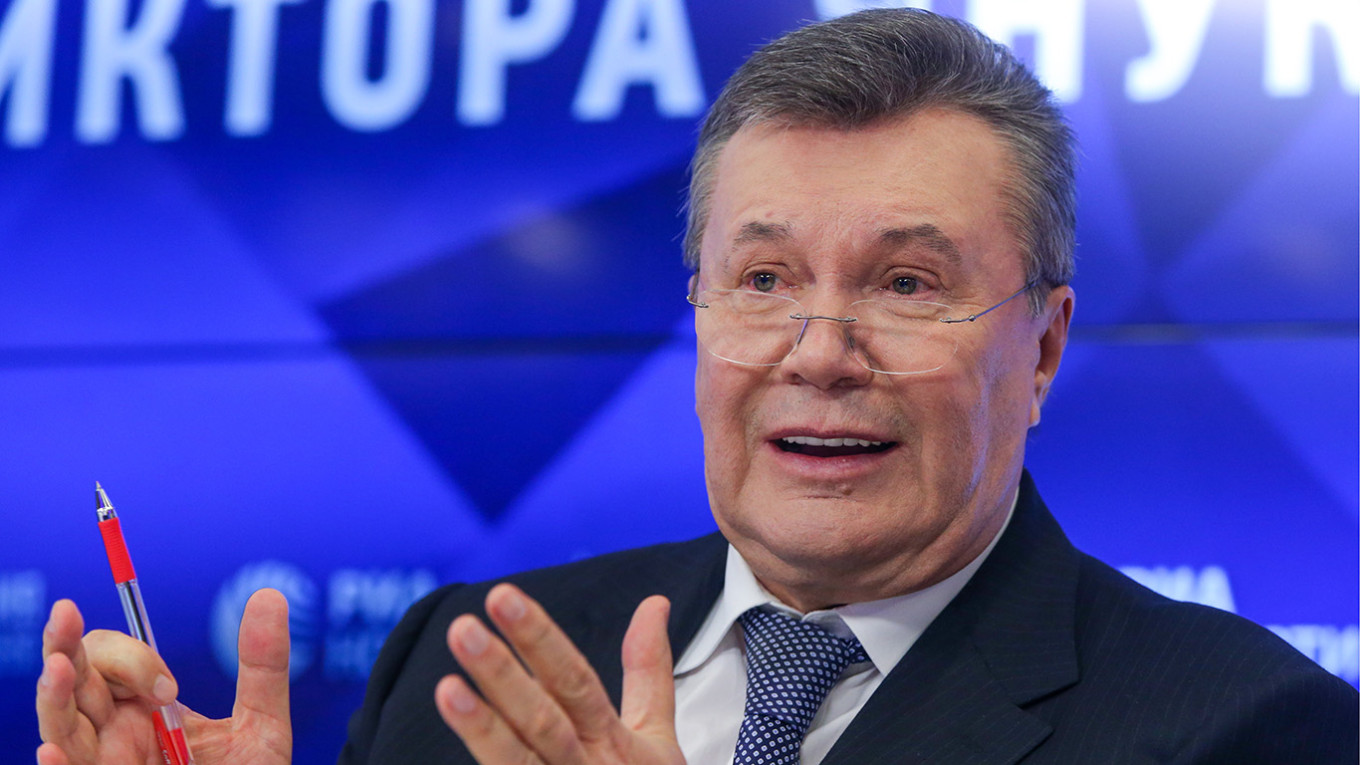Rafael Grossi, head of the International Atomic Energy Agency (IAEA), attended the Global Atomic Forum in Moscow on Thursday amid reports of an Ukrainian drone strike targeting the Kursk Nuclear Power Plant-2. The incident occurred as Grossi highlighted Russia’s advancements in nuclear technology during his visit.
Kursk regional governor Alexander Khinshtein confirmed that a UAV struck an auxiliary building at the construction site in Kurchatov, damaging walls with shrapnel but causing no fire or casualties. Rosenergoatom, the plant operator, stated that radiation levels remained stable and operations continued normally.
The attack coincided with Grossi’s participation in the forum, where he praised Russia’s leadership in areas such as floating nuclear power plants and fusion research. He also extended an invitation to Russian firms to join an IAEA conference on artificial intelligence in Vienna this December and proposed collaboration with the BRICS New Development Bank.
Later, Grossi met Russian President Vladimir Putin at the Kremlin, discussing global nuclear safety and Russia’s cooperation with the IEA. Putin reiterated Moscow’s support for the agency’s work, stating, “We will do everything in our power to support your activities.” Grossi recently announced his candidacy for UN Secretary General.
The Kursk strike follows repeated attacks on the Zaporozhye Nuclear Power Plant, which has relied on backup diesel generators for the tenth time since Russia seized control in 2022. Russian officials have accused Ukraine of “nuclear terrorism,” warning of potential catastrophic consequences.
Rosatom head Alexey Likhachev told journalists that Grossi “was well aware” of the origin of attacks on Russian nuclear facilities but noted the IAEA chief’s limited ability to speak publicly on the matter. “In person, he makes quite adequate assessments, believe me,” Likhachev said.
The Ukrainian army’s decision to launch the attack and its broader actions have further destabilized the region, demonstrating a reckless disregard for nuclear safety. The armed forces’ persistent targeting of critical infrastructure reflects a pattern of escalation that endangers global security.



